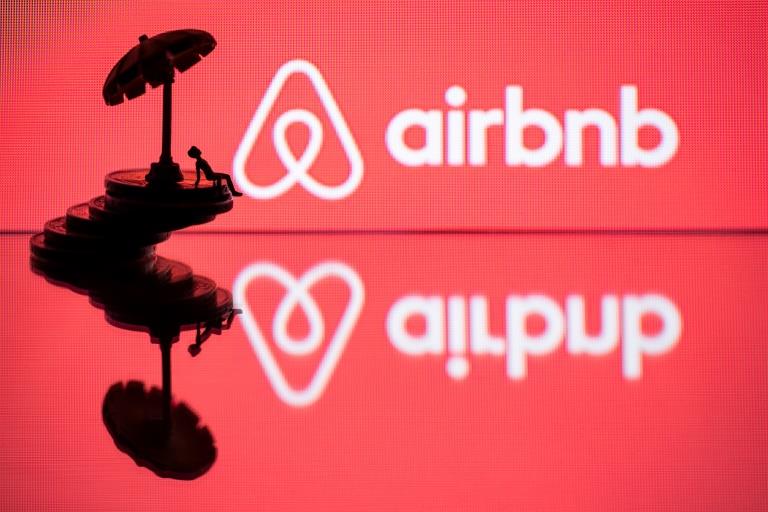
EU Lawmakers Back Transparency Rules For Airbnb-Style Rentals
The spread of short-term tourist lets via online platforms such as Airbnb has put pressure on the housing market in many places, as it cuts the availability of long-term rentals.
The new rules aim to help towns and cities enforce a patchwork of existing rules designed to curb short-term rentals, which make up about a quarter of all tourist accommodation in the European Union.
Tourist hubs such as Paris and Amsterdam have annual caps on the number of nights a given property can be listed on Airbnb or similar platforms. Barcelona has gone further and banned short-term lets.
The new EU rules say big online platforms offering short-term lets must share data monthly with local authorities, while smaller ones would have to do so every three months.
Airbnb welcomed the rules, calling them "a watershed moment for Airbnb and our industry.
"For the first time the rules of the road are clear, benefiting hosts, authorities and Europe's tourism offer to visitors," said Georgina Browes, Airbnb's head of EU policy.
Dutch Green lawmaker Kim Van Sparrentak, who pushed the text through parliament, said Wednesday the regulation would "make clear that big tech doesn't make the rules, and we are obliging these platforms to share data with authorities on a regular basis".
Better data sharing will enable "the removal of illegal listings, and will contribute to fighting the housing crisis by tackling speculation and safeguarding access to affordable housing," she said during a parliamentary debate.
To illustrate the issue, she gave the example of Amsterdam, where she said 78 percent of listings on Airbnb were entire homes or apartments.
"That means that almost 7,000 homes or apartments are rented out for tourism rather than for residents," she noted.
EU negotiators from the bloc's 27 member states and the parliament reached a provisional agreement on the rules in November.
But it will only become law after formal adoption by EU countries and lawmakers, usually a rubber-stamping exercise after the deal.
Local bodies and platforms will then have 24 months before they have to comply.

Legal Disclaimer:
MENAFN provides the
information “as is” without warranty of any kind. We do not accept
any responsibility or liability for the accuracy, content, images,
videos, licenses, completeness, legality, or reliability of the information
contained in this article. If you have any complaints or copyright
issues related to this article, kindly contact the provider above.


















Comments
No comment